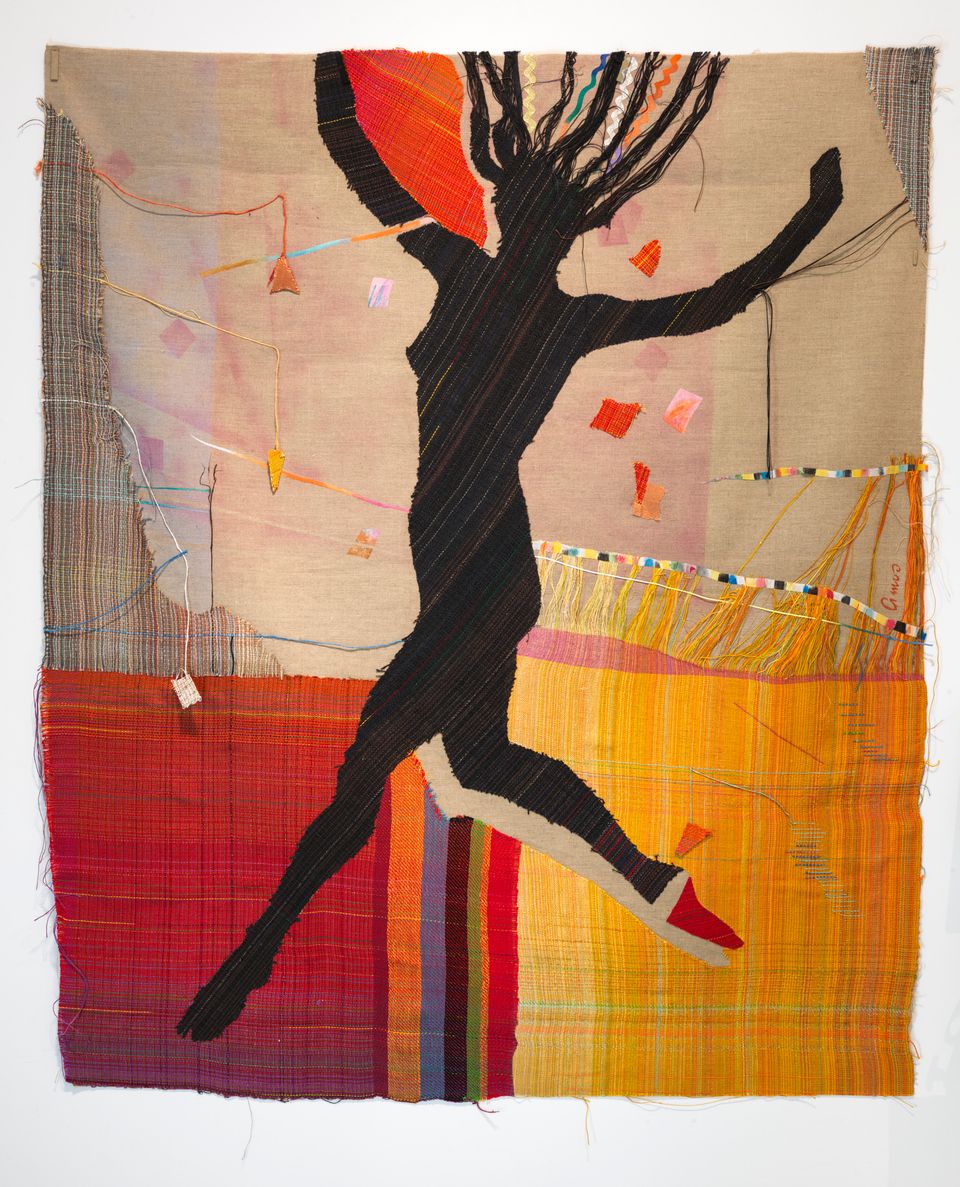Artwork Details
- Title
- Cal y Canto
- Artist
- Date
- ca. 1979
- Location
- Not on view
- Dimensions
- 56 x 32 x 5 in. (142.3 x 81.3 x 12.8 cm.)
- Credit Line
- Gift from the collection of Dr. and Mrs. Isidore M. Samuels
- Mediums Description
- linen and gesso
- Classifications
- Object Number
- 1991.109
Artwork Description
The weaving tradition--at least in Latin America--seems inseparable from the concept of sacred landscape . . . one must ask what landscape is inhabited by the weavers.
--Olga de Amaral
Cal y Canto is a play on words derived from the idiom "cerrado a cal y canto," meaning "under lock and key" or "locked tight." The earth-colored linen strips are woven together to create a somber barricade, reminiscent of ancient Incan stonework. The white gesso, irregularly applied, suggests the weathered face of the ancient structures.
For Olga de Amaral, the rugged landscape of the Andes is deeply linked with her Colombian identity. Her woven walls assertively claim the space they inhabit. Her unique style is influenced by her early education in architecture, ancient American weaving traditions, and experimental techniques. Weaving, in the artist's view, is a way of building one's way of life.
Verbal Description
A thick, rugged woven quilt hangs on the wall, about three feet across and four feet long. Interlacing strips of earth-toned linen weave together to create a field of diamond shapes. Although linen, these strips appear bulky and scratchy, conveying the thick warmth of wool. The individual strips are multicolored but subdued. Their natural hues range from shades of tan and brown like unfinished stone, wood, or soil, to the rust-toned reds of a desert mountain. These colors do not create a recognizable pattern, instead coming together to create an abstract woven design.
The quilt appears to fold inward along its left and right edges, creating rounded folds of light tan fabric with a white textured coating, almost as if someone has run a paintbrush down each side. The textile sinches slightly at the middle, where a light brown, leather-colored piece of string is pulled taut, perhaps as a support mechanism for the pattern. At the bottom, the ends of the woven fabric hang free and raw. They are rough and uneven, adding to the weathered, well-loved, handmade feel of the quilt.














